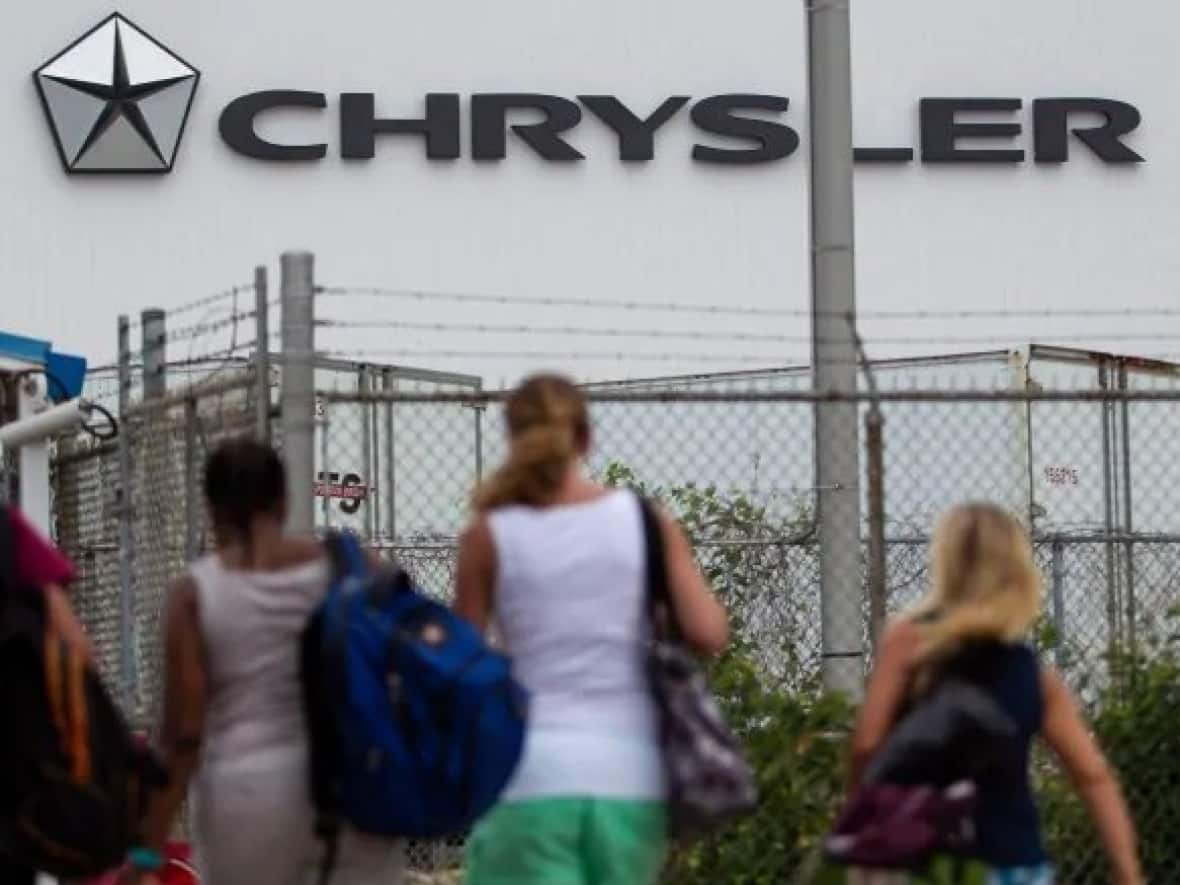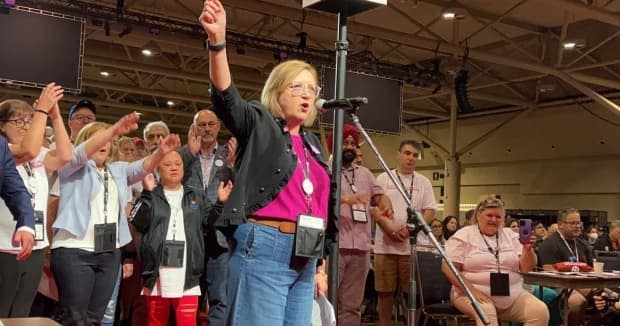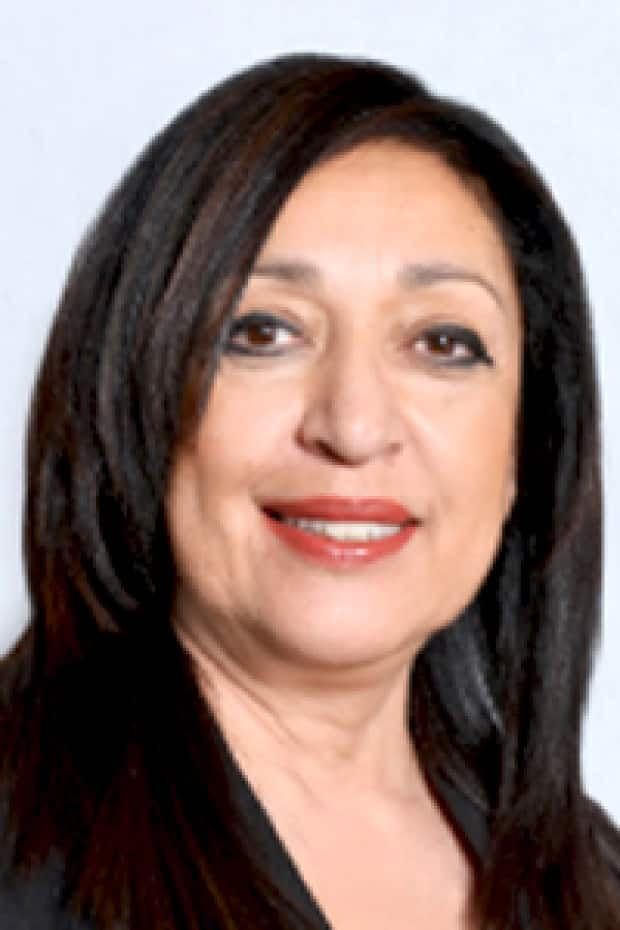Union and workplace training programs push for more inclusion in 'lagging' auto industry

A plank in Unifor's newly minted auto policy says the national union is moving to create more equitable and inclusive workplaces. And one Windsor workplace training program says it's trying to help the industry do it.
"The auto sector continues to lag on diverse workforce representation," Unifor's new auto policy reads.
According to Unifor, women represent one-quarter of workers in Canada's auto industry, which is below the number in Canada's manufacturing sector overall.
The union says Indigenous workers are about four per cent of the Canadian workforce, but they're 1.5 per cent below that in the auto industry.
Black women and women of colour, meanwhile, represent 11 per cent of the auto industry workforce, which is one per cent above their average share in the overall Canadian workforce. But the policy says only four per cent of those workers are in "higher wage assembly jobs" in the auto industry.
The union's policy, which was presented at its constitutional convention in Toronto this week, calls on governments to legislate employment equity, and to support employers and community organizations that are "committed to hire, train and retain workers in underrepresented communities."
"I think it's critical that our workplaces shape and form our communities. That's the kind of conversation we'll be having going forward," said Lana Payne, Unifor's newly elected president.

The new policy points out gender equity practices at the restarted GM plant in Oshawa, where 50 per cent of workers are women. This, along with $10-per-day childcare agreements between the federal and provincial governments, are foundational steps toward building a more inclusive workplace, the policy says.
"Encouraging greater diversity in Canada's auto sector across all under-represented groups must be an objective of employers, governments and unions alike," it reads.
Not there yet
"If we're looking to reflect the face of Canada, the automotive sector is not there yet," Bonnie Douglas, project manager at Canadian Coalition of Women in Engineering Science Trades and Technology, told CBC Windsor.
She said companies are looking for better representation when it comes to women and all the groups that are currently under-represented in auto manufacturing.
If we're looking to reflect the face of Canada, the automotive sector is not there yet. - Bonnie Douglas
"It does take work. That's why we developed our program to help the employers to gain some skills to just do better."
The Women's Enterprise Skills Training of Windsor Inc., or WEST of Windsor, helps local unions with this including Unifor Local 444. It offers training programs that help get women wanting to get into skilled trades.

One challenge, executive director Rose Anguiano Hurst said, is getting word about their programs out to diverse communities.
"In addition to providing these training opportunities for women, we are definitely going to try to ensure that there is diverse representation in each of our programs," Hurst said.
"Getting the word out, making sure the recruitment efforts are where they need to be … primarily that's like the big hurdle, making sure people hear about the program."
When asked if messages like those at Unifor's conference are being backed up with action, Hurst said she has to believe it's not just political statements being made.
"We're going to just do whatever we can to make sure we continue to have their commitment," she said.

WEST of Windsor has training programs for women looking to get into the skilled trades, including jobs in the auto industry.
Problematic language
Gurpreet Chana, a program manager at WEST, says union agreements with companies can sometimes cause problems.
"Our parties may not have that much seniority to get referred to a company that is unionized, so they have to wait longer than their male counterparts," she said.
Douglas added that terminology in collective agreements can cause issues, especially around gendered or biased titles such as "foreman" or "journeyman" — though she says the shift is happening.
"It's step by step," Douglas said. "It takes a little time and it's going to take more than once to mention it."

 Yahoo Movies
Yahoo Movies 
